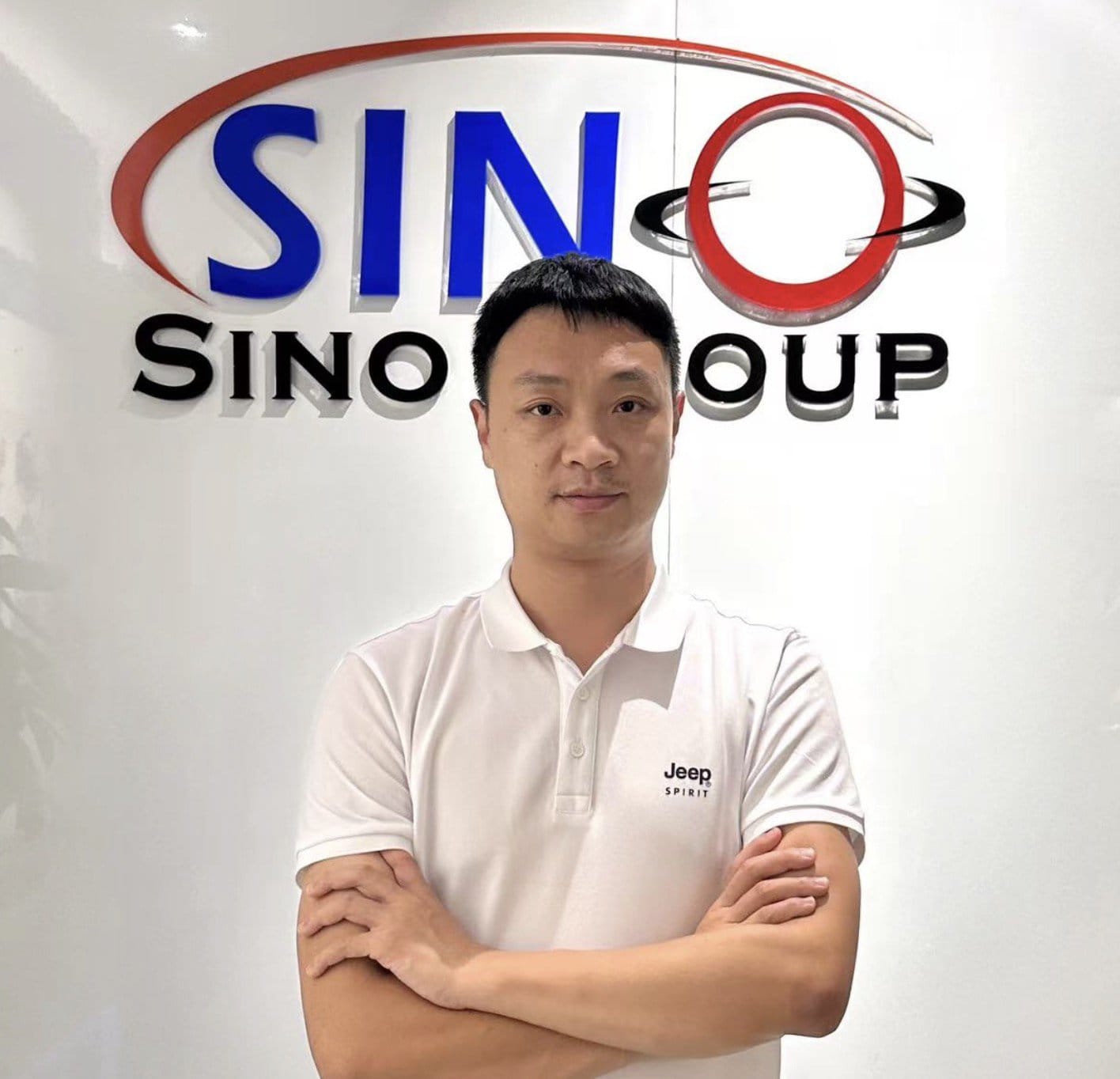Trade wars hit hard, especially for car wrap businesses. As tariffs of the U.S. and China spike costs, imported materials get pricier. So, this article is to help you stay ahead with key insights on navigating these changes.
Understanding the Tariffs on Vinyl Wrap Imports
In 2018, the US launched Section 301 tariffs on imports from China. These tariffs ranged from 15 to 20 percent initially. However, the Biden administration initiated a review of tariffs. But the actual increase in tariff was imposed in April 2025 when a 25% tariff was imposed on automobiles and parts.
The official statements claim that the aim of these tariffs was to bolster domestic manufacturing and address trade imbalances. However, an additional 104% tariff was recently levied on Chinese goods following unmet negotiation deadlines.
As Chinese manufacturers are the biggest players in the vehicle wrap industry, these tariffs and taxes have had the most concerning implications for the industry. Vinyl wrap films are categorized under specific Harmonized System (HS) codes. These codes determine applicable tariff rates depending upon the material, quality, and quantity of vinyl wraps.
As a business, you have to understand the price adjustments that are bound to increase due to tariffs. In order to fully comprehend and anticipate potential price increases in vinyl wraps, you have to have open communication with your suppliers. Only through proper dialogue can you understand and evaluate pricing trends and future projections to save your business.
Impact of Tariffs on Vinyl Wrap Import and Application
The recent hike in tariffs on Chinese imports, including vinyl wrap materials, has sent ripples through the automotive vinyl wrap industry. Let’s analyze the impact of these tariffs on individual business aspects.
1. Increased Import Costs for Vinyl Wrap Films
Given that most suppliers of vinyl wrap operate from China, the recent 104% tariff hike will significantly impact the cost of car wrapping. Most vinyl wrap materials are made from PVC and polyurethane, which are categorized under HS code 3919. Due to new levies, the products under this code face additional duties. Thus raising the baseline material cost.
As a result, the end product cost is bound to increase substantially. Most distributors, wholesalers, or businesses are passing on to buyers, installers, and end users. This cost ripple will most likely result in a shift of preference for car detailing from the consumer end.
2. Shift in Supplier Preferences and Supply Chain Disruption
The tariffs not only increase the cost of the base material. These levies also make the import procedure all the more difficult. Due to both these implications, the lead times have increased, and a disruption in the supply chain is imminent.
As a result, most importers are reevaluating their supplier relationships with Chinese wholesalers. One obvious course of action is the diversification of imports from non-tariff or low-tax countries.
However, since the latest US administration is highly volatile, no country is safe from tax implications. So it is best to stick to your credible supplier, such as CarlikeFilm, for quality vinyl wrap material.

3. Pricing Ripple Effect on Installers and Vehicle Wrap Businesses
The base material price goes high, so production costs hike. Obviously, this cost is bound to transfer to the local sales points. Due to these auto tariffs, local wrap shops are seeing an increase in material costs depending on the brands and source, which is directly affecting their profit margins.
In this situation, installers have only two options. They could either raise service prices to stay profitable or absorb the costs and risk financial strain.
The price hike and ambiguity regarding material availability can push some small businesses to their limits. Some businesses are reducing the options for customization in car vinyl wraps. Others are making a switch to low-tier vinyl films and reducing product quality to stay in business.
4. Decline in Aftermarket Customization Demand
The increasing cost of vinyl wraps has caused a decline in sales. It was a desirable customization option for budget-conscious consumers and DIYers. However, the increased cost has eliminated the prospect of cheap customization, thus limiting vinyl wrap potential.

While most premium clients are still opting for car wraps with multiple colors. The mid-tier consumers are opting either for paint touch-ups, paint protection films, or skipping customization altogether.
5. Challenges for Product Availability and Lead Times
The uncertainty of the political scenario led to an obvious response from the US population. Bulk purchasing and stockpiling of inventory before tariffs are imposed. This, in turn, is resulting in short-term stockouts as wholesale production is struggling to catch up.
Moreover, wait time has increased for popular finishes such as chrome, glossy, and carbon fiber wraps.
Another factor affecting lead times is the delayed and extensive checking of tariffed goods. The reclassification and additional checks increase the time goods spend under customs hold. Hence, delaying shipment to the market causes a temporary shortage.
Strategies for Suppliers and Wholesalers to Mitigate Tariff Impacts
It is natural to worry about business during this time of uncertain political rifts that are driving away business from the people that matter. However, here are some strategies you can employ to mitigate tariff impacts and keep your business afloat.
Diversifying Supply Chains
It is always best to have multiple fail-safe options when it comes to suppliers for your business. As a business owner, exploring alternative suppliers in countries not subject to high tariffs can help reduce costs.
Negotiating with Existing Suppliers
Always prioritize having an honest relationship with open communication with your supplier, regardless of the political scenario. By engaging in discussion with current suppliers, you can convince them to share tariff burdens or adjust the pricing structure.
If you have a long-term relationship with your supplier, you can use it as a point of leverage during negotiations.

Stockpiling Inventory
Taking timely decisions is the first rule of a successful business. One of the most important factors is to time purchases strategically while monitoring marketing trends. It can be extremely beneficial for your business to build up inventory before tariffs and market prices increase.
Staying Informed on Trade Developments
Running a business is not just about buying and selling products. You have to be aware of the local as well as international markets to be aware of any trade negotiations that might impact your business. Hence, regularly following reputable news sources and industry publications, such as The New York Times and The Wall Street Journal, can help you stay updated and make timely decisions.
Networking with Industry Peers
The automotive customization industry is very vast. With the recent tariffs, all businesses are in the same boat, being rocked around by political rifts. Participating in forums and discussions with other professionals in the vehicle wrap industry can provide insights into collective challenges and innovative solutions.

Compliance and Legal Considerations
While you may not agree with the tariffs or taxes being introduced, you have to adhere to them if you want to run your business smoothly. Adhering to import regulations in the US while making sure your practices are compliant with U.S. Customs and Border Protection (CBP) regulations is vital.
As an importer, keeping updated with regulations is crucial for accurately classifying goods, determining correct tariff rates, and maintaining proper documentation.
As a business owner in the US, there aren’t many countries that have not been sanctioned. You can still find some relief in costs by utilizing trade programs. However, you will have to thoroughly investigate eligibility for trade programs or exemptions. But finding one that suits your business’s needs can provide opportunities for reduced tariffs.
FAQs
Q1: Will the 104% Tariff Make Chinese Vinyl Wraps Too Expensive?
While the new tariffs increase costs, Chinese vinyl wraps remain competitive due to their superior quality, advanced manufacturing, and economies of scale. Many U.S. importers are working closely with trusted suppliers (like CarlikeFilm) to negotiate bulk pricing, optimize shipping, and minimize tariff impacts.
Additionally, alternative sourcing options (e.g., Vietnam or Mexico) often lack China’s production capacity and consistency, making Chinese wraps still a cost-effective choice long-term.
Q2: Are Chinese Vinyl Wrap Films Still Reliable Amid Supply Chain Delays?
Yes! Despite longer customs clearance times, reputable Chinese suppliers maintain stable production and logistics networks. To avoid delays, you’d better order early and stockpile high-demand finishes. Work with experienced suppliers who pre-clear customs documentation.
Q3. Where can I find the most current information on these tariffs?
For the latest updates, consult the U.S. International Trade Commission’s Harmonized Tariff Schedule and official announcements from the Office of the United States Trade Representative.
Conclusion
The latest tariff increases on Chinese vinyl wrap imports are altering the auto styling sector. Wholesalers and custom shops are under pressure due to cost increases and supply chain interruptions. However, where there is adversity, there is also opportunity.
Businesses that adapt by staying educated, seeking alternate sourcing, and collaborating with dependable suppliers can not only preserve their margins but also acquire a competitive advantage.
Tariff-Proof Your Business with CarLikeFilm’s Global Supply Solutions
We don’t just supply vinyl wraps; at Carlikefilm, we help you build a resilient brand. As a trusted partner for B2B buyers, we offer premium-quality films, global fulfillment solutions, and tariff-smart logistics strategies.
Contact us if you are ready to offset tariff costs without compromising on quality.



